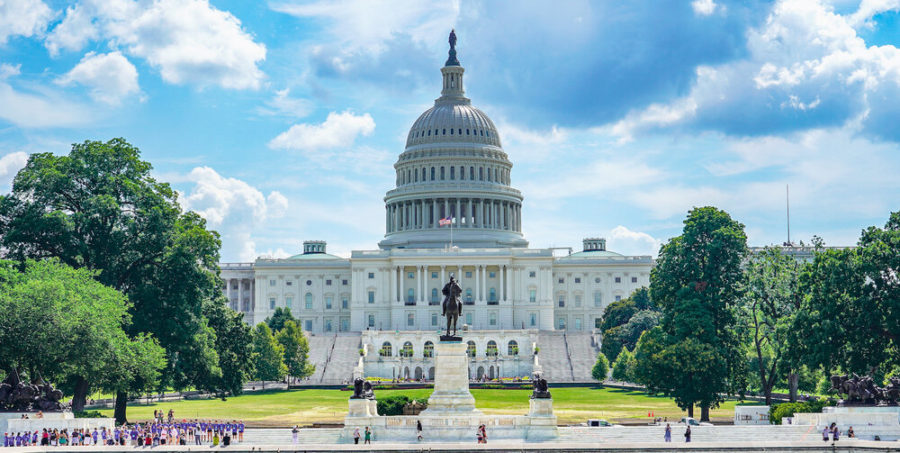118th Congress makes history
January 31, 2023
The first item of action in a new term of the U.S. House of Representatives is to choose a Speaker of the House. In a traditional year, this will take place in less than an hour and Congress will then begin discussing legislation. This year, however, for the first time since 1923, the U.S. House of Representatives was unable to elect a speaker on the first ballot. After 4 days and 15 ballots, the U.S. House eventually elected Kevin McCarthy (R-CA 20), as Speaker of the House.
Prior to swearing in the new members to the House of Representatives, a Speaker of the House needs to be elected. Typically, after the elections in November, once a majority party has been elected, each party meets in secret and votes on the leader of their party. Then, on the first day of the session for the new Congress, the majority party will nominate and vote for that candidate. However, due to recent disputes in the Republican party, they were unable to garner enough votes for their candidate on the first day of the session.
As the minority party, the Democrats nominated and voted unanimously for Hakeem Jeffries (D-NY 8) for each of the 15 ballots. However, the Republican party nominated several candidates and votes were dispersed to them. Members of the House Freedom Caucus, a far-right congressional caucus with 53 current house members, were against the majority candidate, Kevin McCarthy. Throughout the three days, the Republicans nominated 8 candidates. Listed according to the number of votes received were representatives Kevin McCarthy (R-CA 20), Jim Jordan (R-OH 4), Andy Biggs (R-AZ 5), Jim Banks (R-IN 3), Byron Donalds (R-FL 19), Kevin Hern (R-OK 1), and political figures Donald Trump and Lee Zeldin were nominated.
During the three-day series of votes, Kevin McCarthy made several concessions, or promises, to the opposing Republicans. He promised leadership roles in committees, members’ removal from committees, and discussion of various legislation. Eventually, after 15 ballots, McCarthy garnered 216 votes and six present votes, enough to reach the majority and become the new Speaker of the House.
In the 118 terms of Congress, there have only been 15 instances of Speaker of the House elections requiring multiple ballots, according to Historyhouse.gov. Prior to this year, the last instance occurred in 1923, when Frederick Huntington Gillett received a majority of the votes on the 9th ballot in the 68th Congress. However, in the 34th Congress in 1855, 133 ballots were needed to elect Nathaniel Prentice Banks, taking nearly two months to complete. This makes this year’s Speaker of the House voting the third longest election process in the history of the position.



